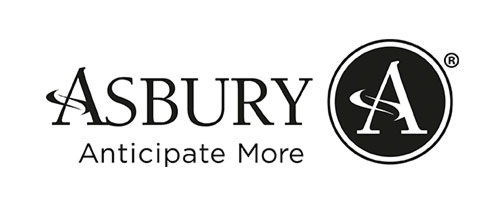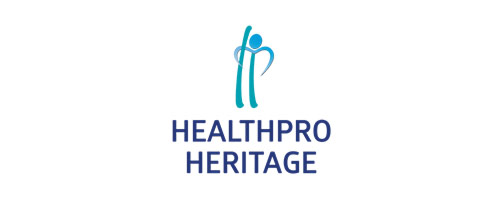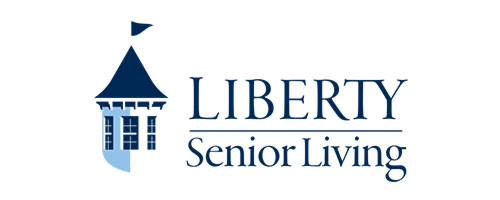An appetite for health
As Americans age, one thing's for sure: those over 50 don't leave their health behind. A new study conducted by the International Food Information Council (IFIC) Foundation and supported by Abbott underscores the importance of health and wellness for older adults. Researchers surveyed more than 1,000 adults over 50 for the study and found that 6 in 10 say their diet is more healthy than it was 20 years ago, and that 9 in 10 believe eating healthy is important to maintaining their health as they age. Not only that, the vast majority agree it's never too late to make diet and lifestyle changes.
That's the good news. The more challenging news is that Americans over 50 report significant declines in their physical activity levels, and not unrelated, they also experience a decrease in energy that keeps them from accomplishing the things they want to do.
So what motivates older adults as they age? Not surprisingly, they want to preserve long-term health and prevent future problems. When it comes to health issues, Americans over 50 care most about cardiovascular health, muscle health and mobility, and energy and brain function. Weight becomes less important, yet it is still the primary driver of what this age group chooses to eat. Perhaps this is because they know their weight is linked to other health conditions or because it’s tangible and something that can be easily monitored over time.

But even though older adults continue to be motivated to eat well to maintain a healthy weight, their thinking about healthy diets evolves. Roughly half of those 50 or older believe that eating healthy means something different than it did when they were younger. Nearly 90% report making an effort to replace less-healthy foods and beverages with more nutrient-dense options, and roughly the same percentage is trying to eat the right amount and variety of both protein and vegetables.
Yet a disconnect remains. Older adults know what's important, like cardiovascular health, but over one quarter of those surveyed couldn't name a food or nutrient they should seek out to help with a desired health outcome. Of those who could name something, vegetables top the list, followed by protein and fruit. Major knowledge gaps remain although 41% of those over 50 report that knowledge is the best facilitator for a healthy diet. Conversely, those surveyed said cost and time were the top barriers that make it harder to eat healthier.
Bottom line: When it comes to wellness, Americans over 50 are on to something! They know just how important it is to eat healthfully, yet many aren’t sure how to do so. But this data also reveals that we need to emphasize increased physical activity. Let's tap into the same motivations that older adults have for eating better to encourage them to move more. Then we can shoot for our true goals-improving the quality of lives, not just increasing longevity.
Note: This information is not intended to replace a one-on-one relationship with a qualified healthcare professional and is not intended as medical advice. It is intended as a sharing of knowledge and information from research. The view expressed here are not necessarily those of the ICAA, we encourage you to make your own health and business decisions based upon your research and in partnership with a qualified professional.
Share

































